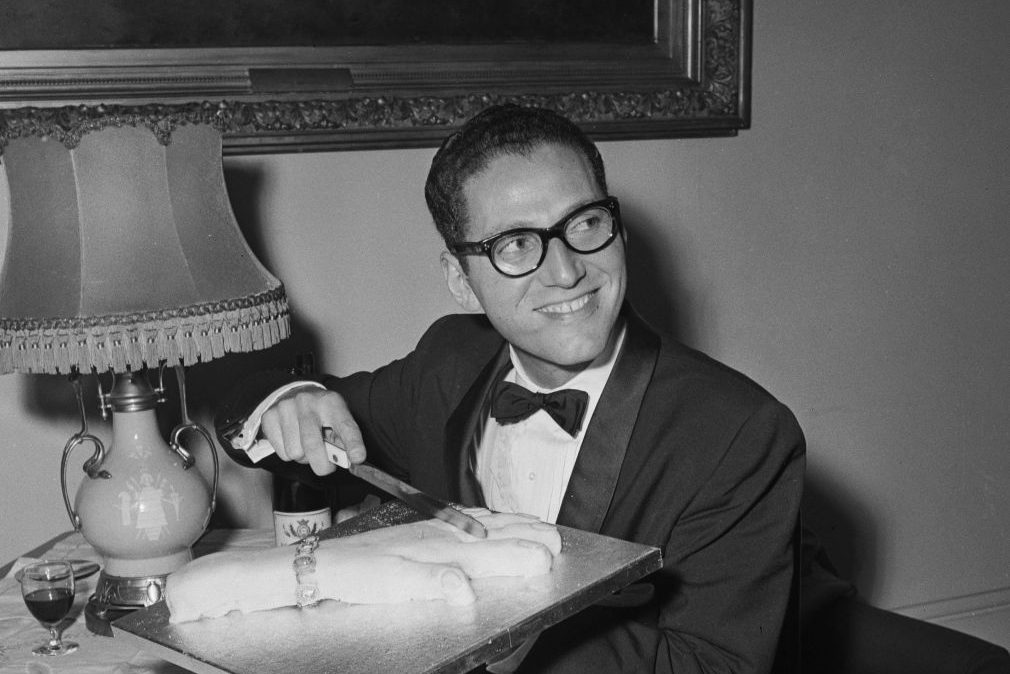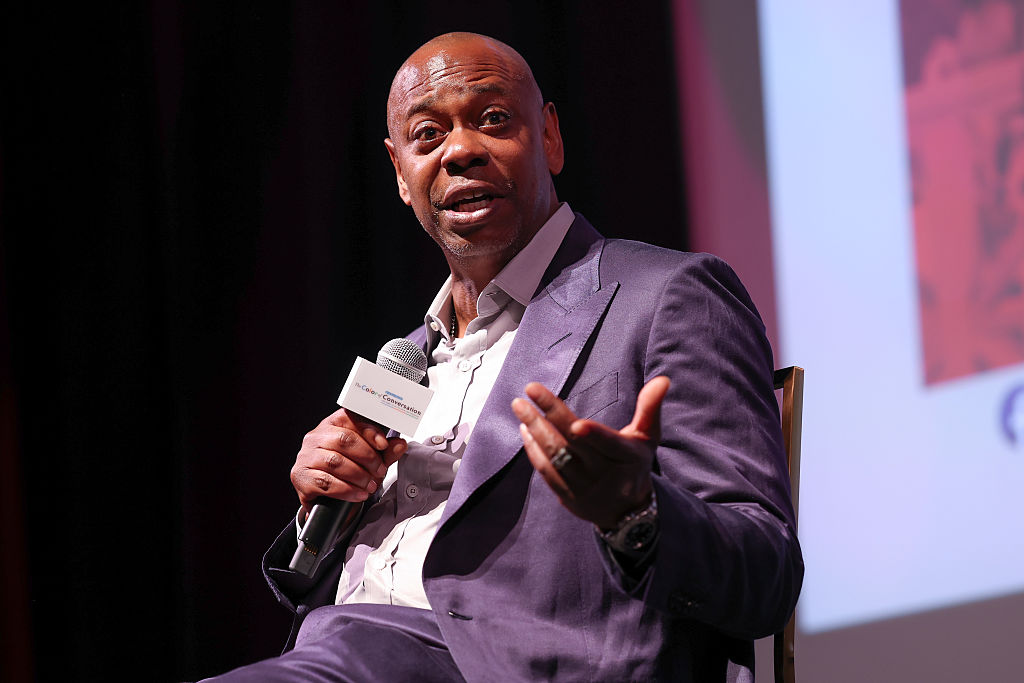The death on Saturday of the musician, humorist and mathematician Tom Lehrer at the impressive age of 97 brings a near-end to a great American tradition of edgy, sometimes almost-unsayable satire amongst a postwar generation of New York’s Jews. Only Mel Brooks and Woody Allen are still carrying the torch, and neither of them are young men. Still, for all of their impressive achievements, it is hard to equal Lehrer’s unfathomable genius at his peak. Equally stunning is the realization that this peak only spanned around a decade: he recorded two studio albums in 1953 and 1959, and three live albums between 1959 and 1965.
Yet the songs that he wrote remain extraordinary, giddy delights, combining tuneful arrangements with “did-he-really-say-that?” lyrics. It was not for nothing that Lehrer once suavely remarked, “If, after hearing my songs, just one human being is inspired to say something nasty to a friend, or perhaps to strike a loved one, it will all have been worth the while.” It is no exaggeration to describe Lehrer as the American answer to Gilbert and Sullivan, had that pairing comprised a mathematical genius who cheerfully penned lyrics about murder, bigotry and the apocalypse, all set to the kind of piano-based ditties that inspired Randy Newman, Billy Joel and many, many more.
Lehrer’s switch into musical comedy came when he was already well into his doctoral and academic studies at Harvard in the Fifties; he took great pleasure in writing the kinds of catchy, incisive songs that were equally beloved by his students and colleagues. (Splendidly, throughout his time at Harvard, he would occasionally burst into song in his lectures.) Some of his music, such as “The Elements” – in which he lists all of the periodic table to the tune of Gilbert and Sullivan’s “Major-General’s Song” from HMS Pinafore – was clever and witty, whereas some songs were entertainingly macabre, such as the dark ballad “I Hold Your Hand In Mine,” in which it becomes very clear that a devoted lover is that bit too devoted.
Lehrer enjoyed enormous popularity in the United Kingdom – Princess Margaret was a noted admirer of his – and in Australia. It was in the latter country that Lehrer performed many of his most overtly satirical works on tour, including the still near-the-knuckle “National Brotherhood Week,” a devastating attack on liberals and race relations that begins with Lehrer remarking “During National Brotherhood Week various special events are arranged to drive home the message of brotherhood – this year, for example, on the first day of the week, Malcolm X was killed, which gives you an idea of how effective the whole thing is.” The song’s lyrics are hardly less damning:
The bespectacled, cheery and ever-charming Lehrer was an unlikely provocateur, but many of his most outrageous songs – such as his upbeat reflection on World War III’s likely outcome, “We Will All Go Together When We Go” – were considered so shocking that they could not be played on radio or television in either America or Britain. As the New York Times wrote in 1959, “Mr. Lehrer is not fettered by such inhibiting features as taste.” Yet by the early 1970s, Lehrer had essentially retired both from songwriting and public performance, leaving a very select corpus behind him: he remarked in 2013 that he had written a total of 37 songs in 20 years, and performed a mere 109 shows. That he had had the impact that he had indicates the brilliance of these songs.
If you had wished, however, to hear Lehrer turn his attention to Richard Nixon, Bill Clinton or Donald Trump, forget it. He once quipped that “political satire became obsolete when Henry Kissinger was awarded the Nobel Peace Prize,” and certainly he remained a figure of his time. Yet even in his eventual retirement, he was capable of causing amusement, if not outrage; when the rapper 2 Chainz sampled his song “The Old Dope Peddler,” Lehrer’s reaction was to remark “As sole copyright owner of ‘The Old Dope Peddler,’ I grant you motherfuckers permission to do this. Please give my regards to Mr. Chainz, or may I call him 2?”
And, in a splendidly generous gesture to the world, Lehrer put his entire work into the public domain in 2022, allowing anyone to do what they liked with his peerless music. As he once said, “My songs spread slowly, like herpes, rather than Ebola.” Let us hope that the reaction to the great man’s demise leads to his brilliantly barbed work tearing through a society that still needs to hear it like the most virulent strain of herpes imaginable.


























Leave a Reply